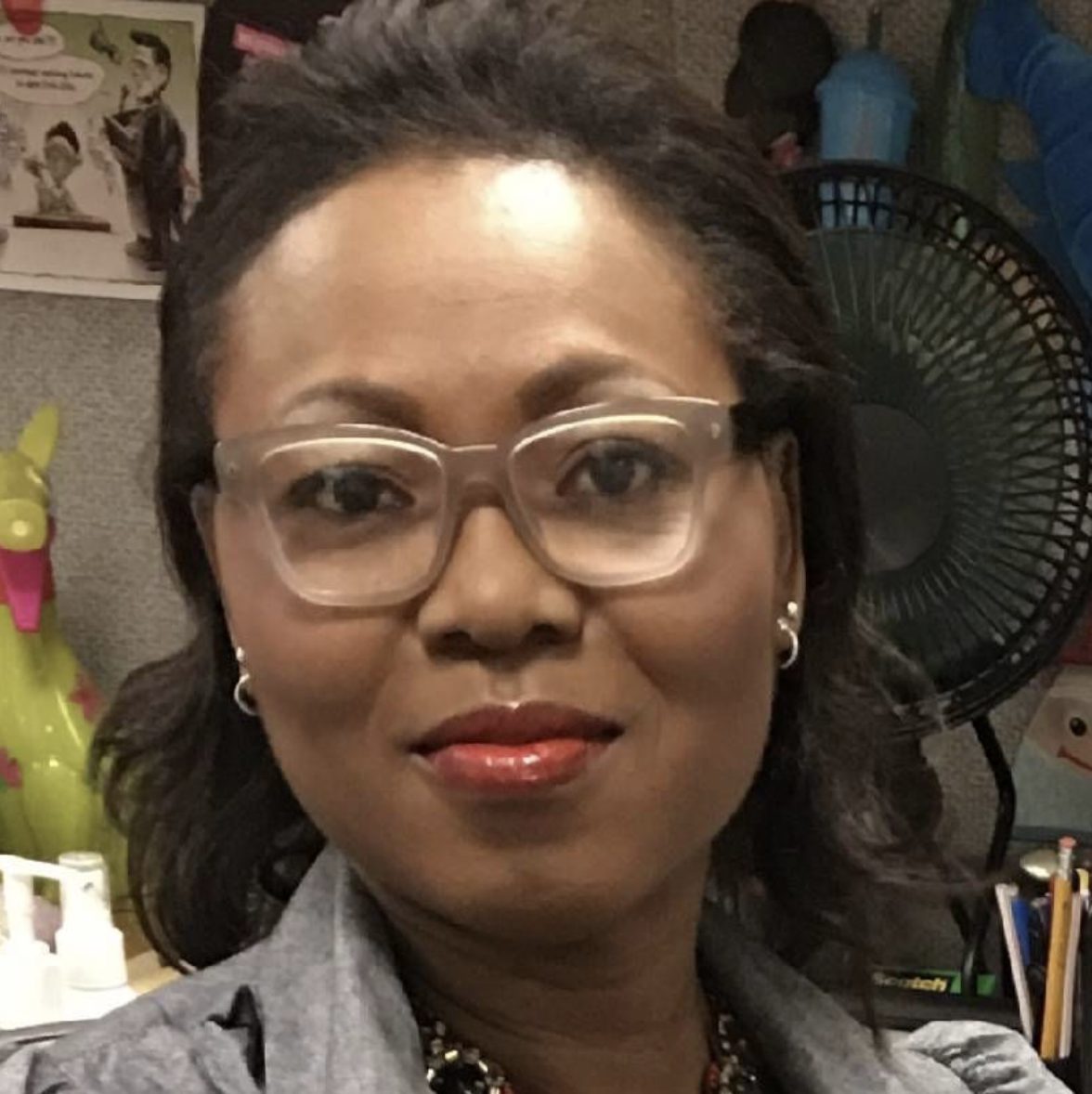Esther Murray is a coach who specializes in helping professional women who have hit a dead end in their career due to getting passed over, feeling unappreciated, or lacking opportunities to move ahead in the workplace due to systemic gender discrimination and internal office politics. She’s an experienced Administrator with over 23 years of experience in government of which seven years entailed management duties.
Can you share your backstory with us?
Originally, I’m from a small island in the Caribbean, Tobago to be exact. I grew up poor. My three brothers and I were raised by a single mother who juggled three jobs just to put food on the table. My dad deserted us when I was only 8 years old. In those early years, I loved to run around and play with my brothers and gained the reputation of being a tomboy. I would climb trees with my brothers, play cricket in the streets, and stone any stray dogs that wandered in our backyard. I was a rebel, but I still loved the quiet time alone with my books and dolls.
Can you share how you got into life coaching?
My foray into coaching came about quite by accident. At the height of the COVID-19 pandemic, in April 2020, I was assigned to work from home, remotely, on my computer. One day I was surfing the internet when suddenly the image of Tony Robbins, the renowned motivational speaker, popped up on my screen. I believe I had an epiphany, like a lightbulb shining inside my head. I thought to myself there was something more for me to do, an inner calling, better than sitting at a computer answering calls for the Department of Finance. I jumped into this new avenue of opportunity immediately, feeling that this coaching business was something worthwhile, something I had to explore.
Being at home gave me the calmness I needed to evaluate my inner strengths and values. I got involved in a plethora of seminars and online conversations about career challenges and development, all of which shaped my personal search for job satisfaction. I was determined to be an independent professional lady, dedicating myself to helping others find their own path to inner bliss and deep satisfaction in their careers and lives. Real or meaningful service to others is what drives me. I am offering to urge and give women the courage to jump away from tedious unsatisfying work and brighten their lives and the lives of their loved ones.
Can you share the biggest mistake you made when you first started?
One of the biggest mistakes for me was in the beginning, once I realized that coaching was my passion. I invested in various coaching programs which later did not serve my purpose. I realized that I should have done more homework to sift out the right program that would give me the adequate training and resources to boost my coaching business.
When it comes to health and wellness, how is the work you are doing helping to make an impact in the world?
My work aims to fundamentally change my client’s outlook on life and hope for a creative dynamic future. I seek to pull unsatisfied professionals out of their malaise and give them a kick in the rear end, to get them to live and dream and find their bliss. When (and if) they realize their goals, they will indeed be in good health, and I will be very happy.
If you could start a movement that would bring the most amount of wellness to the most amount of people, what would that be?
It would be “Hope for the Homeless” to eradicate all the homelessness in the universe. In my dream, all homeless will be treated for their mental well-being and given a place of refuge until they can once again re-enter into society and contribute to the world.
Mental health is an important issue being tackled today, can you speak to that?
I believe that “mental health” is my chief concern because too many people are living in this nightmare and are extremely reluctant to reveal this because they are either afraid of how others may feel towards them or just lack the courage to label their struggle as such.
I worry about this especially in the workplace now that after COVID-19, workers are slowly moving back to an office space after working remotely for two years. Some are even traumatized and prefer not to return because they are still coping with their circumstances and have lost touch with how things used to be.

